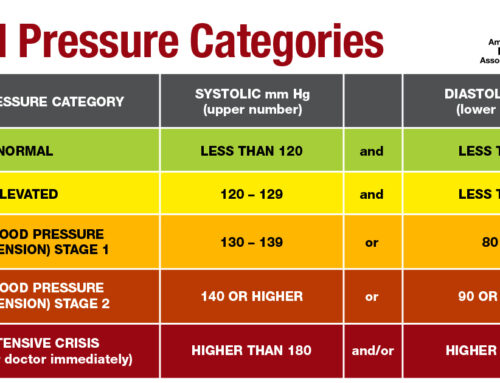 We all know that as we age our bodies go through changes. While we can’t stop the march of time, we can certainly take steps to keep our bodies healthy and fit so they can continue to serve us well. One important consideration is making sure that we have strong and healthy bones.
We all know that as we age our bodies go through changes. While we can’t stop the march of time, we can certainly take steps to keep our bodies healthy and fit so they can continue to serve us well. One important consideration is making sure that we have strong and healthy bones.
Osteoporosis is a common medical condition in which the bones become weak and brittle. Normally, the body is constantly absorbing and replacing bone tissue, but with osteoporosis new bone creation doesn’t keep up with the old bone removal.
Some of the risk factors for this condition are a family history of the disease, having a small bone structure, deficiencies of certain vitamins and minerals, hormonal imbalances, and a history of smoking or excessive use of alcohol.
Once you have been diagnosed with osteoporosis, or if you have had a bone fracture, your doctor may prescribe certain drugs to treat low bone density. However, we also know that prevention of potential disease is always better than trying to manage an existing one, so what can we do to head off this condition?
Lifestyle Habits for Healthy Bones
- Eat a healthy diet. A low acid diet is a great start toward building strong bones. Try to eat at least three servings of fresh fruits and vegetables for every serving of animal protein such as red meat, chicken, or fish. Seeds, nuts, and legumes are a good source of extra protein. Limiting processed foods is always a good idea, and you can add collagen to your diet by using supplements or drinking bone broth to maintain an alkaline pH level in the blood to help prevent osteoporosis.
- Exercise regularly. Start slowly and check with your doctor if you have not been doing regular exercise. Two 40-minute sessions of weight training per week are a great way to increase bone density. Higher impact activities like walking, stair climbing, and biking are good for both cardiovascular health as well as strengthening bones. Balance and stretching exercises are also great as part of a well-rounded exercise program.
- Balance your hormones. Lower progesterone levels in women and testosterone levels in men can contribute to loss of bone mass. High cortisol levels brought on by physical or emotional stress can also increase your risk of osteoporosis. Proper hormone testing and a simple doctor-supervised hormone regimen can bring them back into balance.
- Take targeted supplements. Most people today are deficient in one or more vitamins and minerals that are important to their health. Calcium, magnesium, vitamin D, and vitamin C are all essential for building strong bones and a healthy body. There are laboratory tests that your doctor may be able to recommend to identify specific vitamins or minerals you might be lacking. There are also a variety of botanicals that are effective in promoting bone health.
Let’s face it—it takes effort to develop some of the habits listed above. However, the payoff of building strong bones without having to rely on a lifetime of pharmaceutical options is a big one. And you’re worth it!





